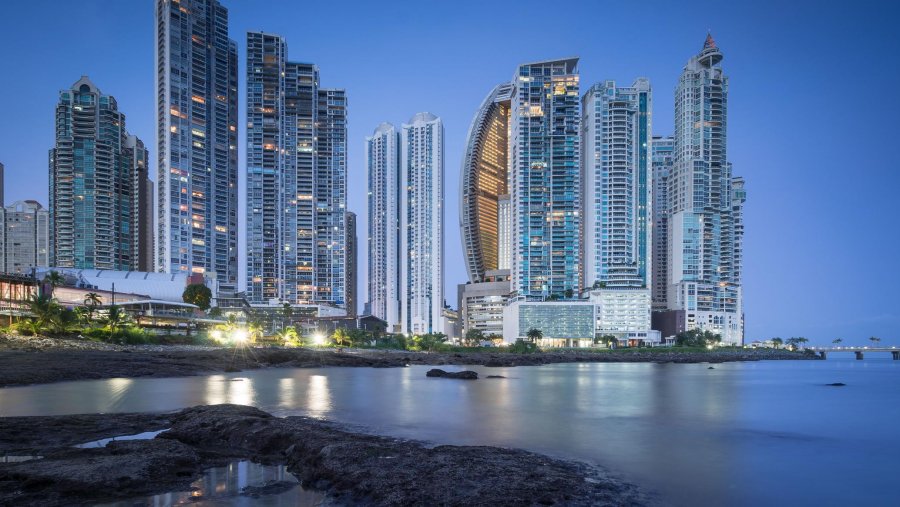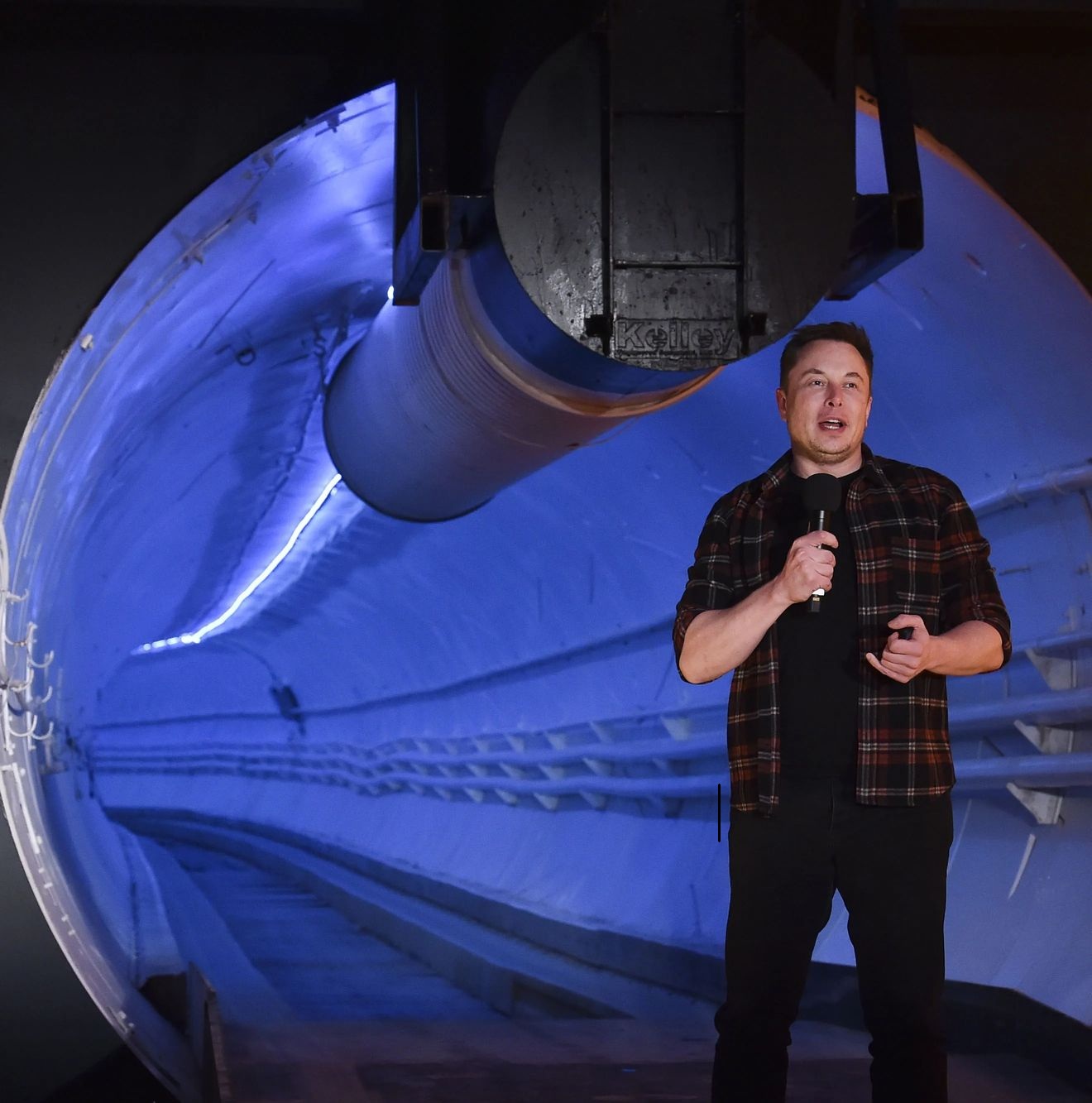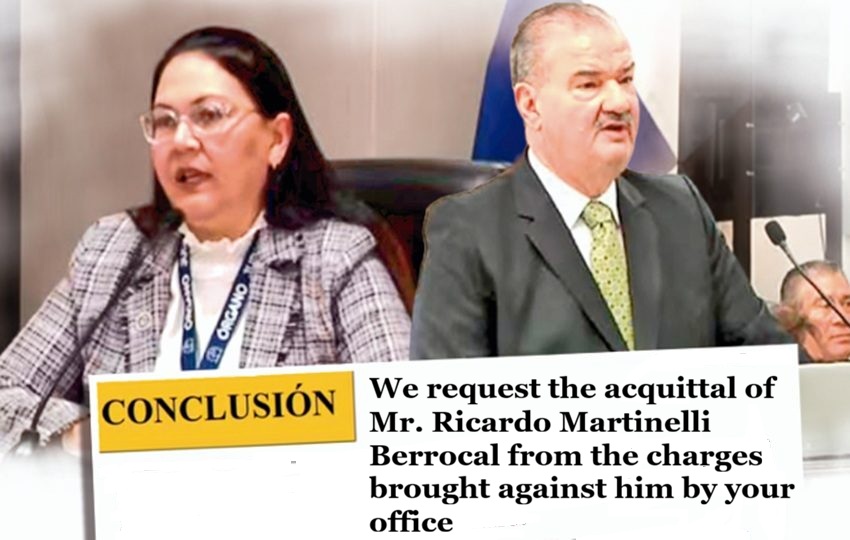Panama Mayor Mizrachi Highlights Budget Cuts and Restructuring in his First Year in Office
The payroll went from having 6,500 employees to less than 3,500, without affecting the municipality’s operations.
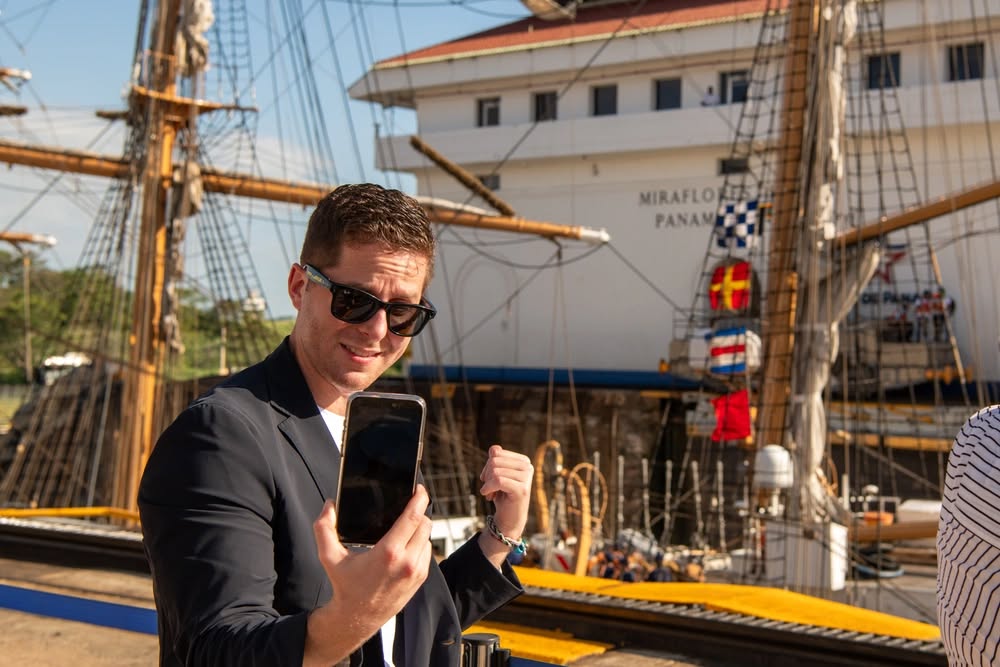
Mayor Mayer Mizrachi summarized his first year at the helm of Panama City by highlighting the historic budget cut: from $325 million to $230 million, which entailed cutting nearly 50% of the staff. Although he acknowledges that this achievement is not very visible, he emphasized that even with fewer resources, he claims to have achieved much more. According to Mizrachi, citizen distrust stems from a lack of transparency in public administration. Therefore, he seeks to replicate a model similar to that of a private company in the Mayor’s Office: if there’s no revenue generated, there’s no way to spend more than there is. Upon taking office, he discovered that spending was exceeding revenue.
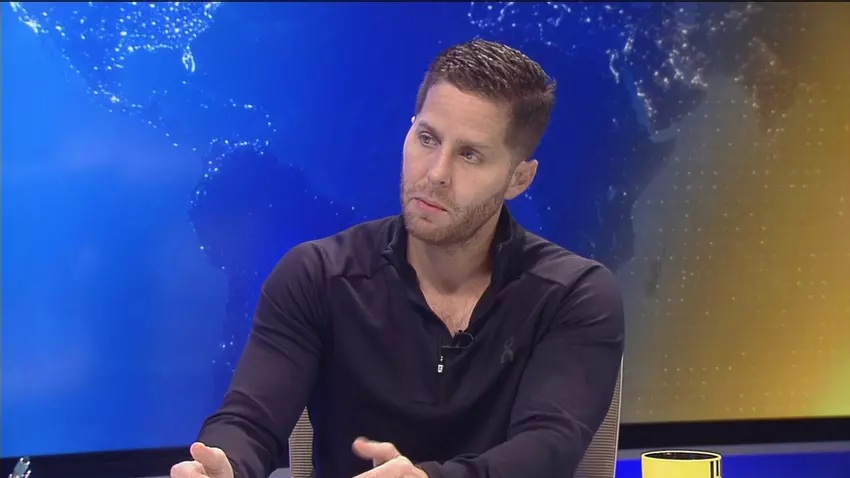
Therefore, he implemented immediate measures: reducing staff and eliminating privileges such as travel expenses, luxury cars, and cell phones for high-ranking officials. He added that the payroll went from 6,500 employees to fewer than 3,500, without affecting the municipality’s operations. Mayer Mizrachi stated that municipal revenue collection has improved by 7% compared to the same period last year. In January—the month with the highest tax increases—while other municipalities opted to raise taxes, his administration did not. Instead, he opted for six months of transparency to build taxpayer confidence, resulting in a 15% increase in revenue collection in January 2025 alone, compared to January 2024.
Garbage and Space Recovery
Regarding garbage collection, Mizrachi acknowledged that, although it’s not the direct responsibility of the Mayor’s Office but rather the Sanitation Authority, they have gotten involved because “nothing prevents it.” Regarding the restoration of public spaces, he highlighted the case of Avenida Central, where not even a fire truck could circulate. To address this, kiosks with better conditions were provided to informal vendors as part of an urban redevelopment strategy.
Security
Regarding the topic of security, the mayor noted that one of the aspects that surprised him most was discovering that there are fewer surveillance cameras in Panama City than in the parking lot of a shopping center. Therefore, he announced that the system will be reinforced with artificial intelligence. Additionally, a mechanism will be implemented to connect business and residential cameras to the Mayor’s Office video surveillance system in exchange for access to the recordings, without generating additional costs for the municipality. Regarding the Municipal Police, he emphasized that this position has now been given greater dignity, making it a formal career, which has increased the interest of people aspiring to join the force. Although efforts have been made to eliminate the so-called “well-maintained” areas, Mizrachi lamented that the justices of the peace—as the enforcement arm—still do not firmly enforce the municipal regime. Despite this, the Municipal Police conduct operations in key locations such as the Old Town.

Homeless People
The mayor of the capital’s municipality said that, although operations are being carried out, the problem remains the same, and this is due to recidivism. Therefore, the creation of a re-socialization and rehabilitation shelter exclusively for homeless people has been proposed, which will be made available to the Ministry of Health and the Ministry of Social Development.
Modernization of Municipal Markets
Another challenge facing the Panama City Government is making municipal markets productive. This could be achieved by emulating the Spanish model, which grants its markets to various companies, guaranteeing revenue and saving costs. In this regard, he stated that the San Felipe Neri Market is experiencing losses of $80,000 per month, despite having the largest cold storage room in the country. He said two concessions will be made, one to the Agricultural Marketing Institute and the other to a private company, to see which of the two works best.
“I say: if the mayor does it, you do it too. If you see me rolling up my sleeves on the streets, you do it too. If I use my personal cell phone, you use yours too. That’s the example I want to set, not of leadership, but of leadership,” he stated.
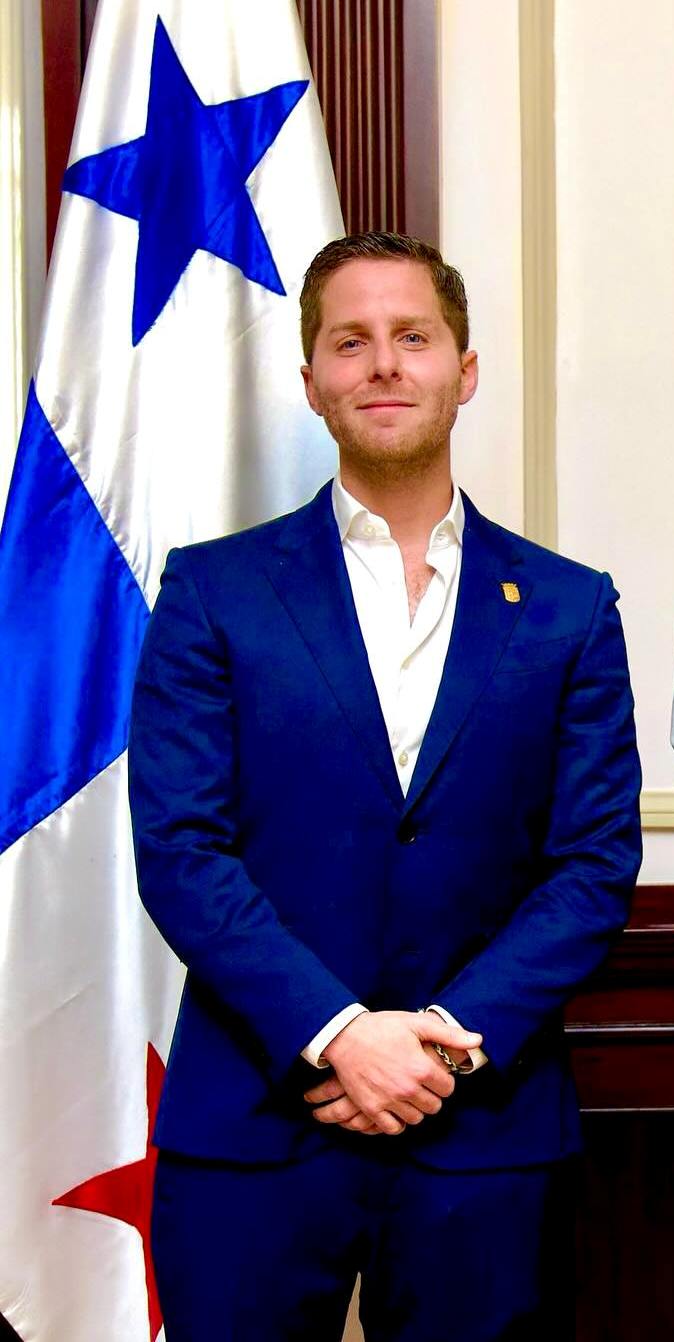
If there’s a will, we’re there for whatever it takes. It’s not our obligation to hold job fairs, but we’re here. It’s not our responsibility to pick up trash, but we do it. We’ve collected dozens of tons, because where there’s a will, there’s a way.”


